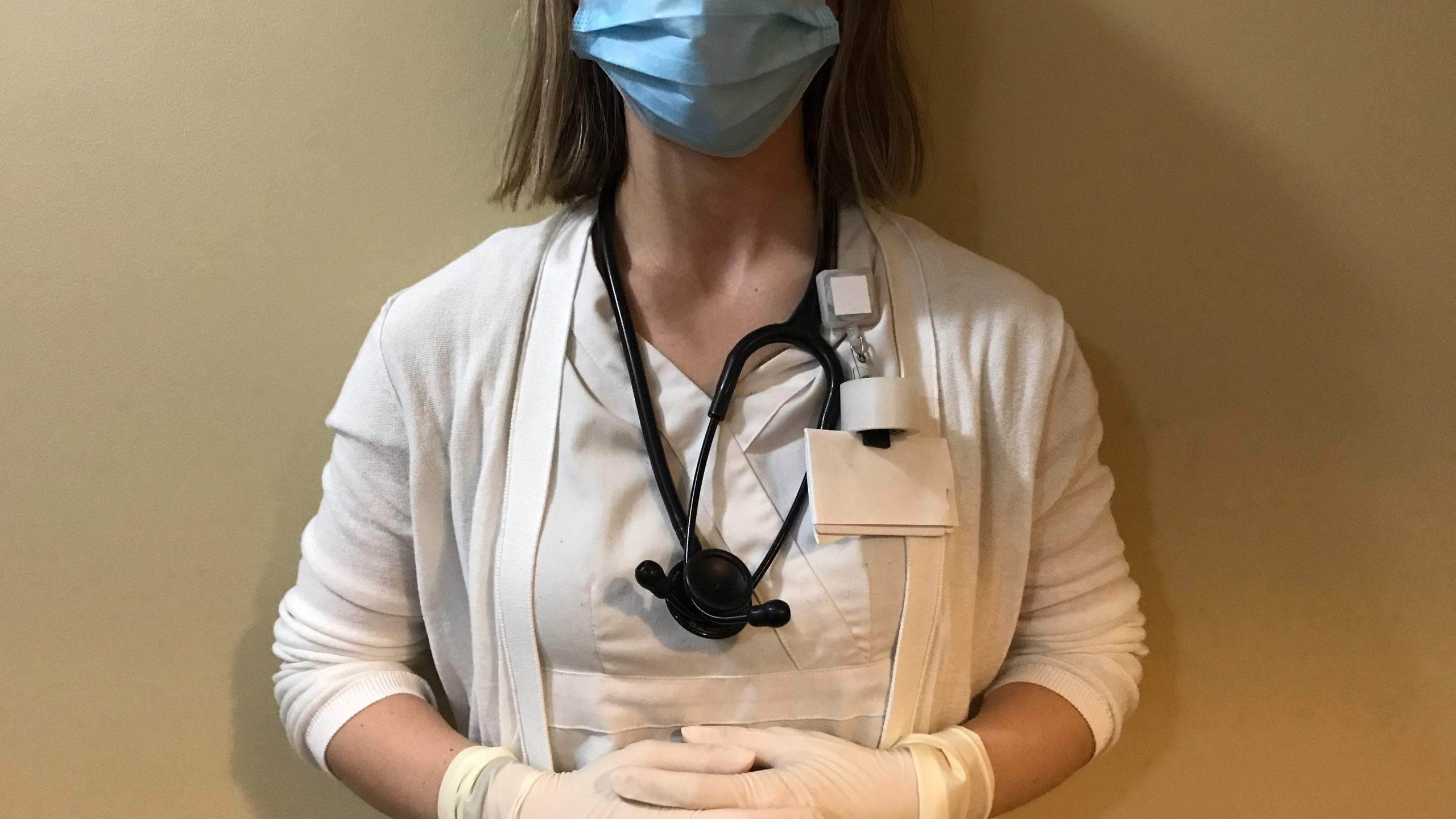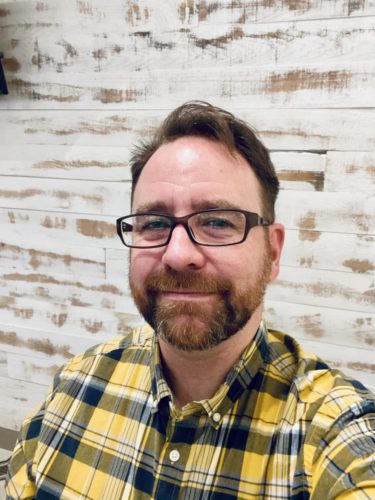New online courses for N.S. doctors speeding up access to gender-affirming hormones
The wait time for 2SLGBTQIA+ patients has gone from nine to three months

caption
Many health-care providers in Nova Scotia are taking the courses to learn how to prescribe gender-affirming hormones or prEP.When the Halifax Sexual Health Centre’s wait time for patients seeking gender-affirming hormones had grown to nine months, Abbey Ferguson started to worry.
It was the beginning of 2020, and 2SLGBTQIA+ patients were being sent to the centre by doctors who did not have the confidence or knowledge to prescribe, said Ferguson, a health promoter at the centre.
“The situation was quite dire,” she said in an interview Thursday. “The demand on HSHC was beyond anything we had experienced before.”
To shorten the waiting time, Kirk Furlotte, the Atlantic regional manager of the Community-Based Research Centre partnered with Nova Scotia Health’s prideHealth to plan an in-person training day for health-care providers. The idea was to teach doctors and nurse practitioners how to confidently prescribe gender-affirming hormones and pre-exposure prophylaxis (prEP).

caption
Kirk Furlotte is the Atlantic regional manager of the Community-Based Research Centre.PrEP is a medication people at risk for HIV take to prevent getting HIV from sex or injection. Gender-affirming hormones, including testosterone and estrogen, are prescribed to align the physical characteristics of a patient with their gender identity.
Ferguson sees both these forms of care as lifesaving.
“Providing gender-affirming hormones and other transition related care is suicide prevention,” she said. “We want our patients to not only have less mental health concerns and less experiences of gender dysphoria but to experience gender euphoria.”
When COVID-19 hit, Furlotte was forced to pivot. He created two free online courses. The courses are three hours long, and health-care providers can complete them on their own time once they’re registered.
The courses were launched in July. Since then, 112 Nova Scotia health-care providers have signed up, as well as 76 from outside the province, Furlotte said.
Ferguson said the wait time at the Halifax Sexual Health Centre for people seeking gender-affirming hormones is now three months.
“Ideally, care never comes with a wait time,” she said. “Any decrease is a big win in providing better care in a less over-burdened system.”
In hindsight, Furlotte recognizes that the online courses are more effective than the one-day training session would have been.
“We are reaching so many more people now that it’s online. When we were going to have it in person, it’s a physical space and there are limits,” Furlotte said.
Furlotte noted that health-care providers in Nova Scotia don’t technically need special training to provide gender-affirming hormones or prEP, they just need to know the protocols. However, many doctors don’t have the information they need.
“I would say in general, intentions are good but knowledge is low,” Furlotte said. “There is not a lot of time spent in medical school or nurse practitioner curricula on 2SLGBTQIA+ health.”
As a result, many health-care providers feel that prescribing hormones or PrEP is a “specialty” and they send 2SLGBTQIA+ patients away, Ferguson said.
For health-care providers, a key benefit of the online courses is the “community of practice” they provide, Furlotte said. When a doctor or nurse practitioner finishes a course, they are immediately connected with patients on the Halifax Sexual Health Centre’s wait list.

caption
Abbey Ferguson is a health promoter at the Halifax Sexual Health Centre.Ferguson is the one who calls people on that list.
“The best part is their relief and excitement,” Ferguson said. “It is not fun to tell patients that they must wait up to nine months for an appointment, and at HSHC it’s not uncommon for us to be delivering bad news. To provide good news that gets someone on track with their transition journey is a gift.”
Jennifer Lane, a navigator at prideHealth, connects patients with their new health-care provider.
“The shift into primary health-care is the significant piece with respect to diminishing barriers for people in need of gender-affirming care,” Lane said in a statement to The Signal. “It’s a win for everyone involved, particularly the patients whose dysphoria gets worse the longer they have to wait for the care they need.”
Ferguson feels the online courses have drastically improved the situation for 2SLGBTQIA+ patients in Nova Scotia — for now.
“Empowering our local family doctors and nurse practitioners to provide this care decreases the bottle-necking of demand to HSHC,” she said. “But this is only temporary. We need more providers to continue to take this training, otherwise we will see the wait times build up again.”
About the author

Nicola Seguin
Nicola is from New Brunswick, currently living on unceded Mi'kmaw territory in K'jipuktuk (Halifax). She has a political science degree from...
